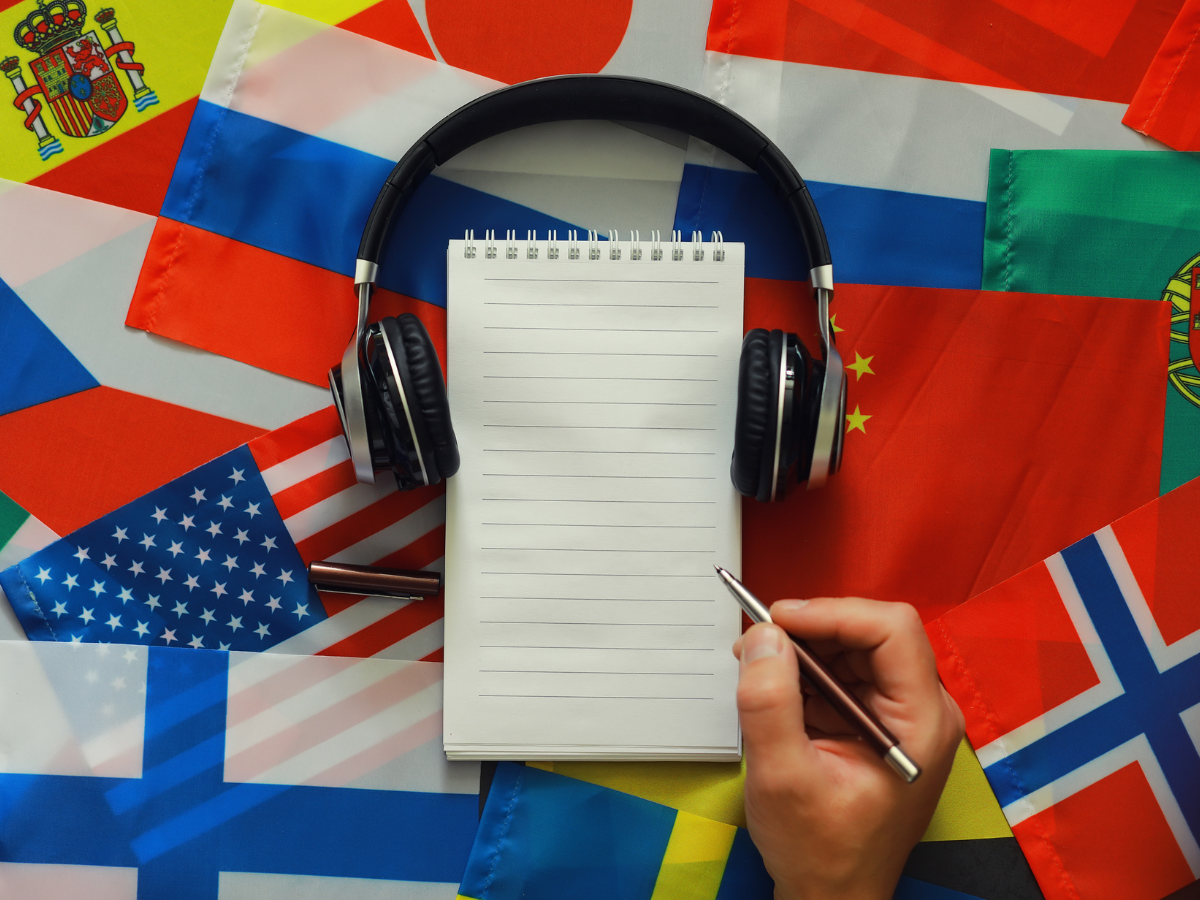Any tips and tricks that previous winners have used?
The key to a profitable investing is good research. The thing to remember when working in Finance Lab is that every piece of information you receive will have an effect on the share price of the investments you hold. Don’t ignore the news feed!
Common mistakes people make?
The most common mistake investors make is thinking that price is the main indicator of how well a company is performing. But of course it’s not an indicator of how well a company is doing in its own market, with its customers, with regulators or within its sector. A share price can be high at the same time as a company is performing poorly. A price fall will come; knowing when is the key.
What makes the game exciting?
Like all good games, it is the pressure of competition that makes the process exciting. In Stock Market Challenge you’ll be competing against other investors who want to come out on top on the night. There are some exciting opportunities to win so the stakes are high!
How not to lose your nerve.
Commit to the game, invest in the process and act methodically and with certainty to ensure you are in control of your actions. You control the market; don’t let the market control you. You will only lose your nerve when you don’t know what you are doing.
What ways can you prepare (even if it’s just binge-watching Industry on BBC iplayer!)?
Binge watching Industry will do no harm. It might even give you an insight into what not to do! The main skills are understanding what kinds of factors affect share prices. The most important thing is to keep an eye on the business news.
It’s not always obvious how actions affect share prices. When Donald Trump was banned from Twitter, investors decided to sell Twitter shares and its share value took a hit. The expectation was that the hit would be temporary, and the price would recover. But was that what happened? You may think as an investor that you’ll hold on to your shares (or buy more now that the price is lower) or dispose of them. Both strategies can be correct, depending on the market context. Following the news carefully is the key to successful investing.
Register for the Stock Market Challenge via our events page here


